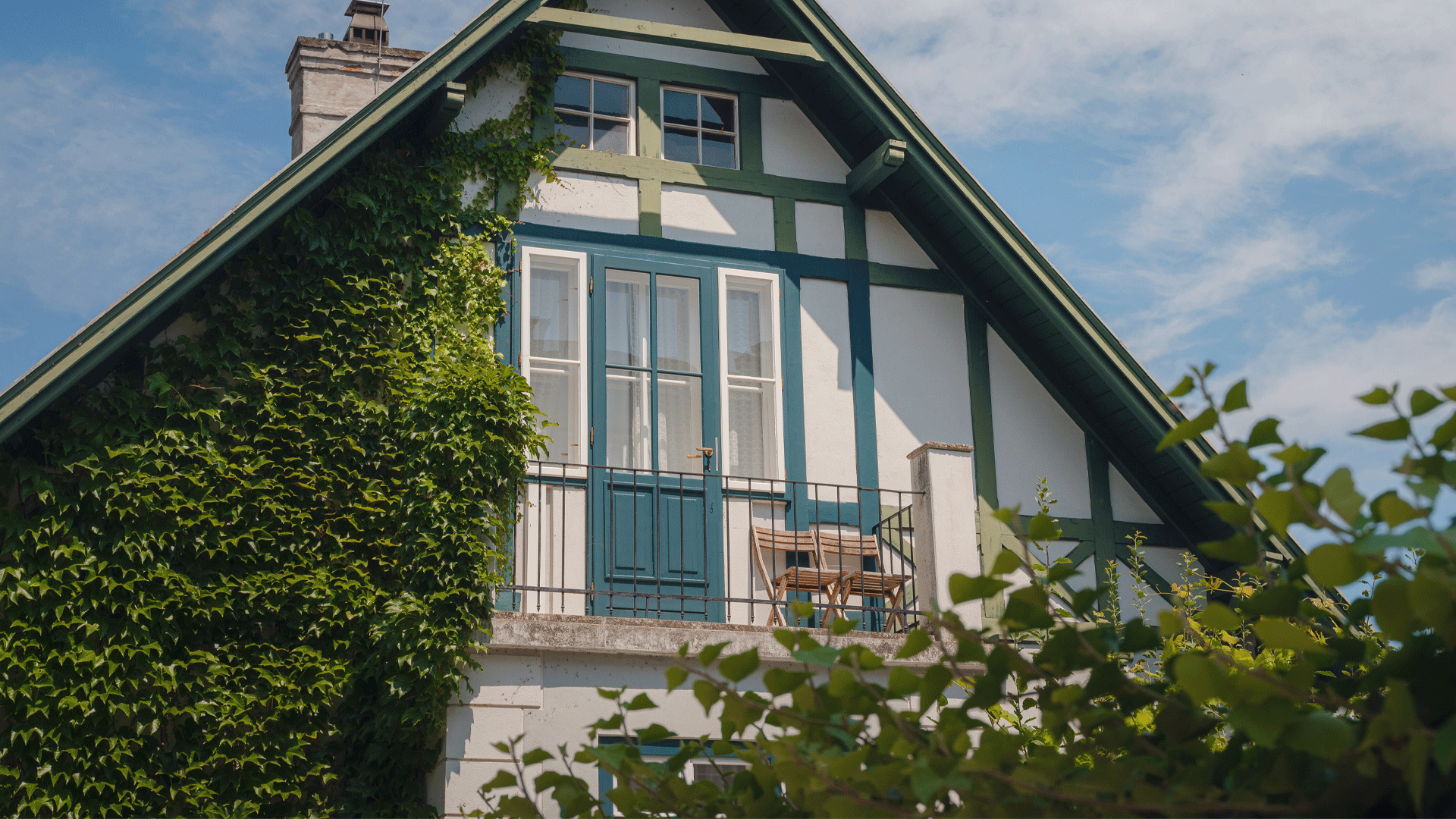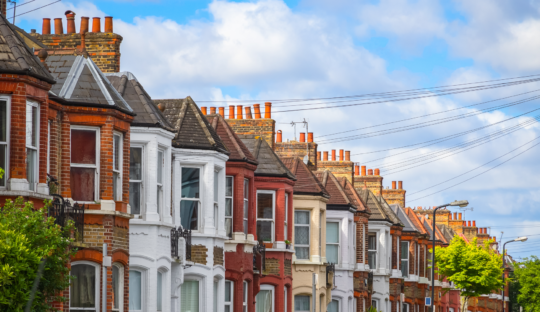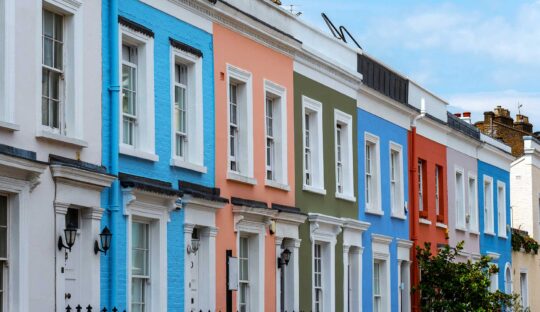In this article
A capped rate mortgage is a type of variable rate mortgage that comes with a maximum limit on how high the interest rate can rise.
While your monthly repayments may fluctuate, they will never go beyond this set cap.
This offers protection if interest rates increase, giving first time buyers more certainty over payments compared to a standard variable mortgage.
Capped Rate Mortgages
Explained in 47 seconds
Find more videos like this on MoneymanTV
How a Capped Rate Mortgage Works
The interest rate on a capped mortgage follows the lender’s standard variable rate (SVR). When the SVR changes, your mortgage rate moves with it, meaning your repayments could go up or down.
The key difference is that the cap ensures your rate will never exceed a pre-agreed limit.
If interest rates fall, you still benefit from lower repayments, but if they rise sharply, you will not pay more than the capped rate.
This feature provides a level of security that a standard variable or tracker mortgage does not offer.
Benefits of a Capped Rate Mortgage
A capped mortgage gives you flexibility while also offering protection from steep rate increases.
You can take advantage of lower interest rates when they drop, without the risk of your repayments spiralling beyond what you can afford.
This balance can be helpful if you want to budget effectively but do not want to commit to a fixed rate mortgage.
For many homeowners, this type of mortgage provides peace of mind.
Knowing there is a limit to how much repayments can increase makes financial planning easier, especially if you are working within a set budget.
Unlike a fixed rate mortgage, you still have the opportunity to pay less if rates go down.
Speak to an Advisor – It’s Free!
Schedule a free callback from one of our experts today.
- All situations considered
- Transparent and honest mortgage advice
- We search 1000s of purchase and remortgage deals
Our customers rate us 4.9/5
What to Keep in Mind
Capped rate mortgages are less common than other types, but as a specialist mortgage broker, we can help you explore your options and find a suitable deal.
Because they provide a safeguard against high interest rates, lenders may set the initial rate slightly higher than that of a standard variable or tracker mortgage.
You might also find that some capped mortgages include early repayment charges if you decide to switch before the deal ends.
Another thing to consider is that the cap is only in place for a fixed period, usually between two and five years.
Once this period ends, your mortgage will likely move onto the lender’s standard variable rate unless you choose to remortgage.
Is a Capped Rate Mortgage Right for You?
If you want some protection from rising interest rates but still want to benefit when they fall, a capped rate mortgage could be a good option.
It offers security while keeping the flexibility that comes with a variable rate.
Before choosing this type of mortgage, it’s worth speaking with one of our mortgage advisors here at UK Moneyman. They can help you compare deals and find the right option for your needs.







